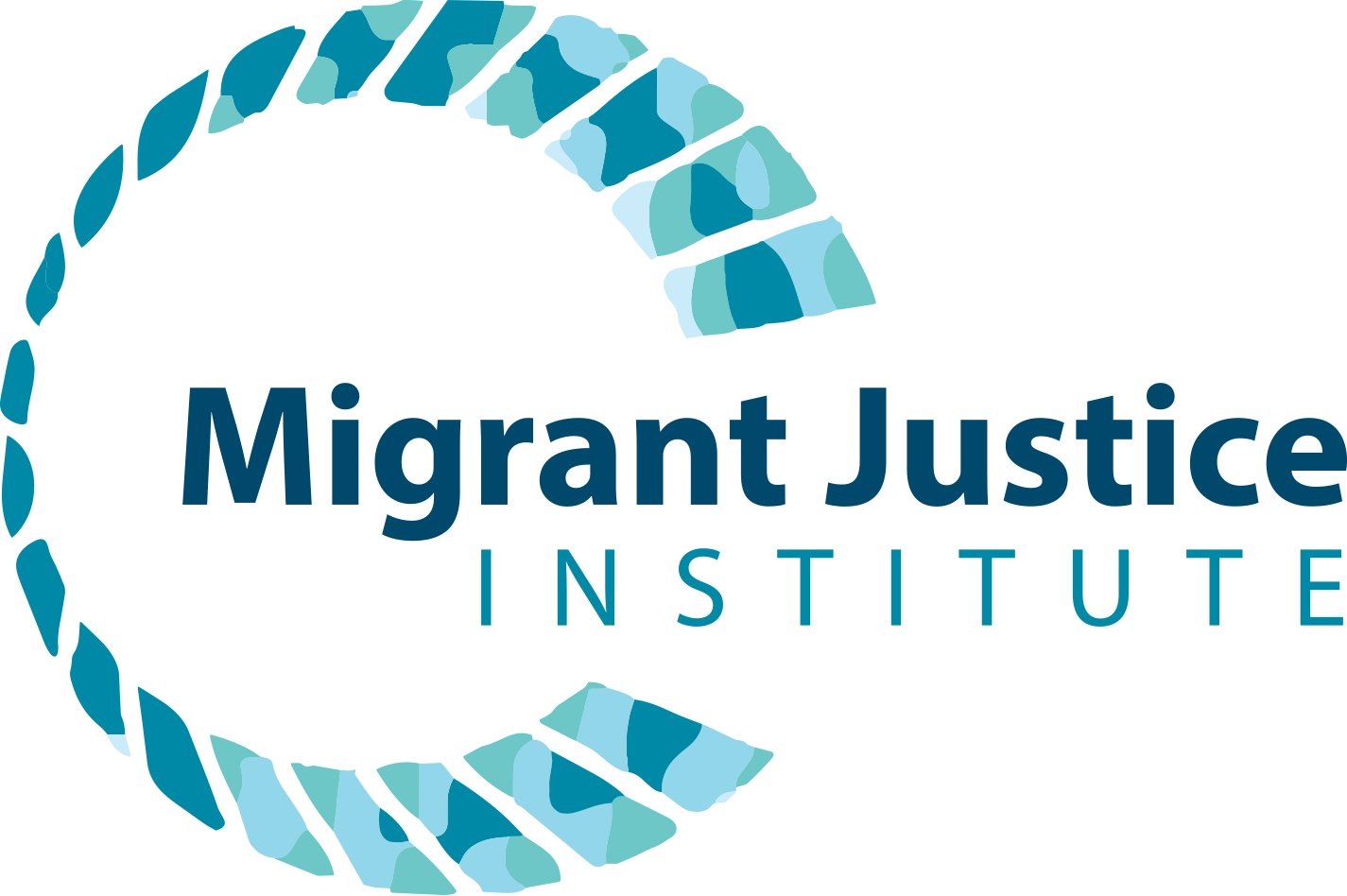migrant workers in australia
We undertake research and advocacy to illuminate the exploitation of international students, backpackers, skilled temporary workers and other low-waged temporary migrants working in Australia. We create a new evidence basis for understanding why most migrants can’t or don’t recover unpaid wages through government agencies, courts and corporate programs, and the outcomes for very few who do. The data and recommendations from these projects provide new ways for government agencies, businesses, NGOs and unions to tackle these challenges.
During COVID-19, temporary migrants were excluded from government support during initial lockdowns in Australia. Our empirical research uncovered the human rights abuses experienced by temporary migrants during this time, including financial desperation, homelessness and racism and other forms of social exclusion.
access to justice for wage theft
Systemic wage theft and recruitment abuses are part of the labour migration landscape in every region of the world. Though every jurisdiction has judicial and/or administrative processes to address wage and recruitment claims, employers and recruiters in every country can be confident that very few migrant workers will ever use those mechanisms to recover their wages. Over the past decade, we have led research uncovering the reasons why this is the case, and worked closely with migrant workers, unions, international organisations, business and governments to develop and implement reforms.
In 2021 we launched a new multi-year program of work to improve migrant workers’ access to justice for wage theft at national, regional and global levels, supported by a new transnational forum of advocates, unions, practitioners and global experts.
Transformative technology
There has been a proliferation of digital technology initiatives designed to improve conditions for migrant workers and address forced labour. These include, for example, platforms assisting workers to articulate and report exploitation within supply chains, evaluate recruiters and employers, or make secure recruitment or salary payments. Digital technology offers the promise to transform the labour migration landscape and to empower workers in new and previously uncontemplated ways, but also carries with it a host of risks and challenges. This project takes stock of these initiatives so that lessons can be learned in developing more effective future platforms that are used by migrant workers and result in improved choices and outcomes, and that meaningfully address risks to users and platform hosts.
recruitment
We undertake empirical research and provide thought leadership the responsibilities of states and business to protect the rights of migrant workers within the recruitment process and to ensure they can access remedies for abuses. This includes publications setting out a rights-based governance framework to address systemic recruiter misconduct, based on empirical studies conducted across Asia, and a multistakeholder framework to establish a global market that commercially incentivizes fair recruiters and the suppliers that engage them.





